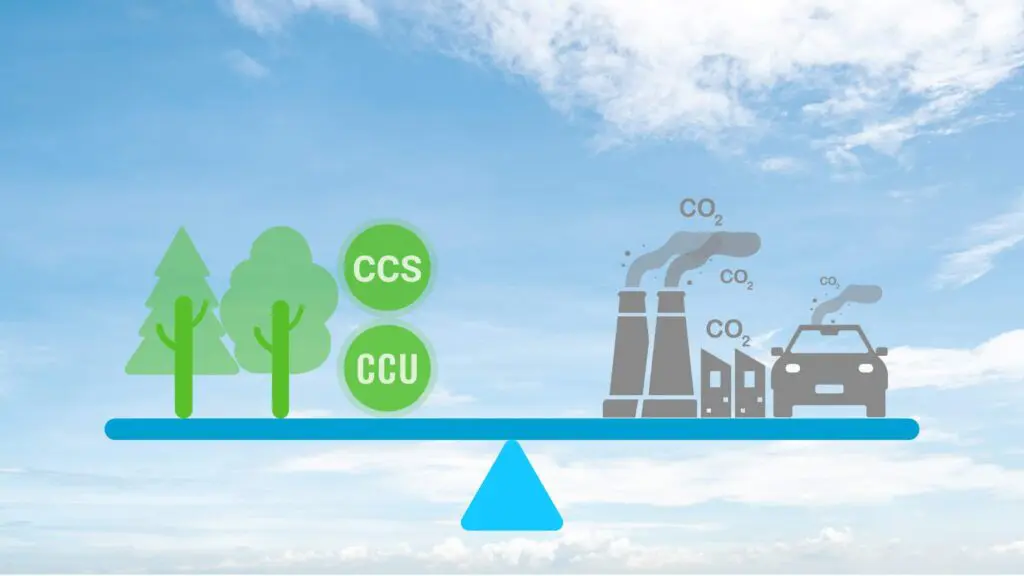In March 2025, the Parliament passed the Carbon Capture, Utilisation and Storage Bill 2025 (“CCUS Act“). The CCUS Act aims to reduce carbon dioxide emissions, mitigate the effects of climate change, and promote the development of the carbon capture, utilisation, and storage (“CCUS“) industry as a new source of economic growth.
The CCUS Act sets out a regulatory framework for the whole value chain of CCUS, which comprises capture, transportation, utilisation, and storage of carbon dioxide, and is applicable to Peninsular Malaysia and the Federal Territory of Labuan. CCUS activities in Sarawak are governed separately by the Land (Carbon Storage) Rules 2022.
The CCUS Act will come into operation on a date to be appointed by the Minister by notification in the Gazette.
For more information, click here to read the full Legal Update.
Disclaimer
Rajah & Tann Asia is a network of member firms with local legal practices in Cambodia, Indonesia, Lao PDR, Malaysia, Myanmar, the Philippines, Singapore, Thailand and Vietnam. Our Asian network also includes our regional office in China as well as regional desks focused on Brunei, Japan and South Asia. Member firms are independently constituted and regulated in accordance with relevant local requirements.
The contents of this publication are owned by Rajah & Tann Asia together with each of its member firms and are subject to all relevant protection (including but not limited to copyright protection) under the laws of each of the countries where the member firm operates and, through international treaties, other countries. No part of this publication may be reproduced, licensed, sold, published, transmitted, modified, adapted, publicly displayed, broadcast (including storage in any medium by electronic means whether or not transiently for any purpose save as permitted herein) without the prior written permission of Rajah & Tann Asia or its respective member firms.
Please note also that whilst the information in this publication is correct to the best of our knowledge and belief at the time of writing, it is only intended to provide a general guide to the subject matter and should not be treated as legal advice or a substitute for specific professional advice for any particular course of action as such information may not suit your specific business and operational requirements. You should seek legal advice for your specific situation. In addition, the information in this publication does not create any relationship, whether legally binding or otherwise. Rajah & Tann Asia and its member firms do not accept, and fully disclaim, responsibility for any loss or damage which may result from accessing or relying on the information in this publication.









